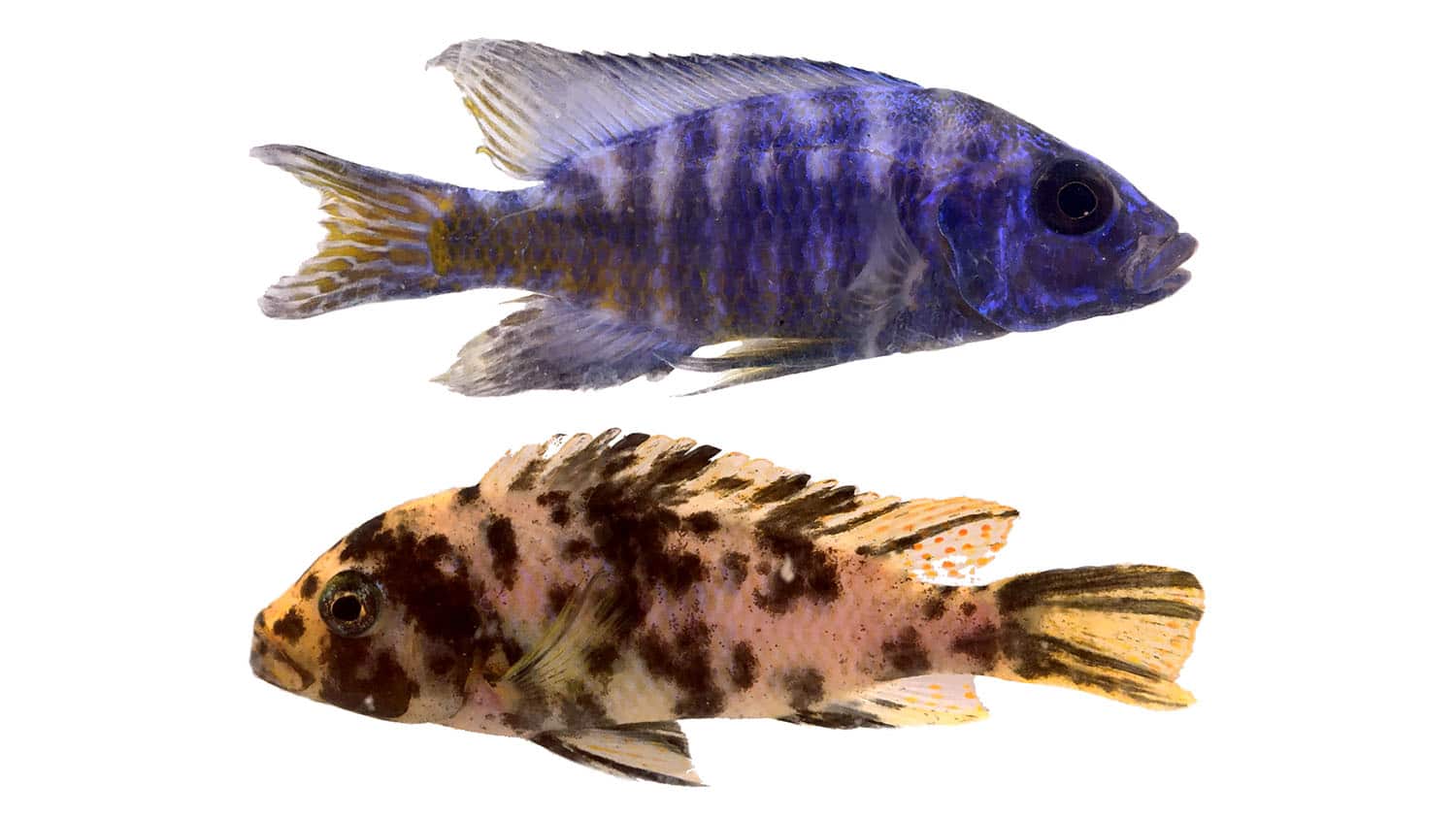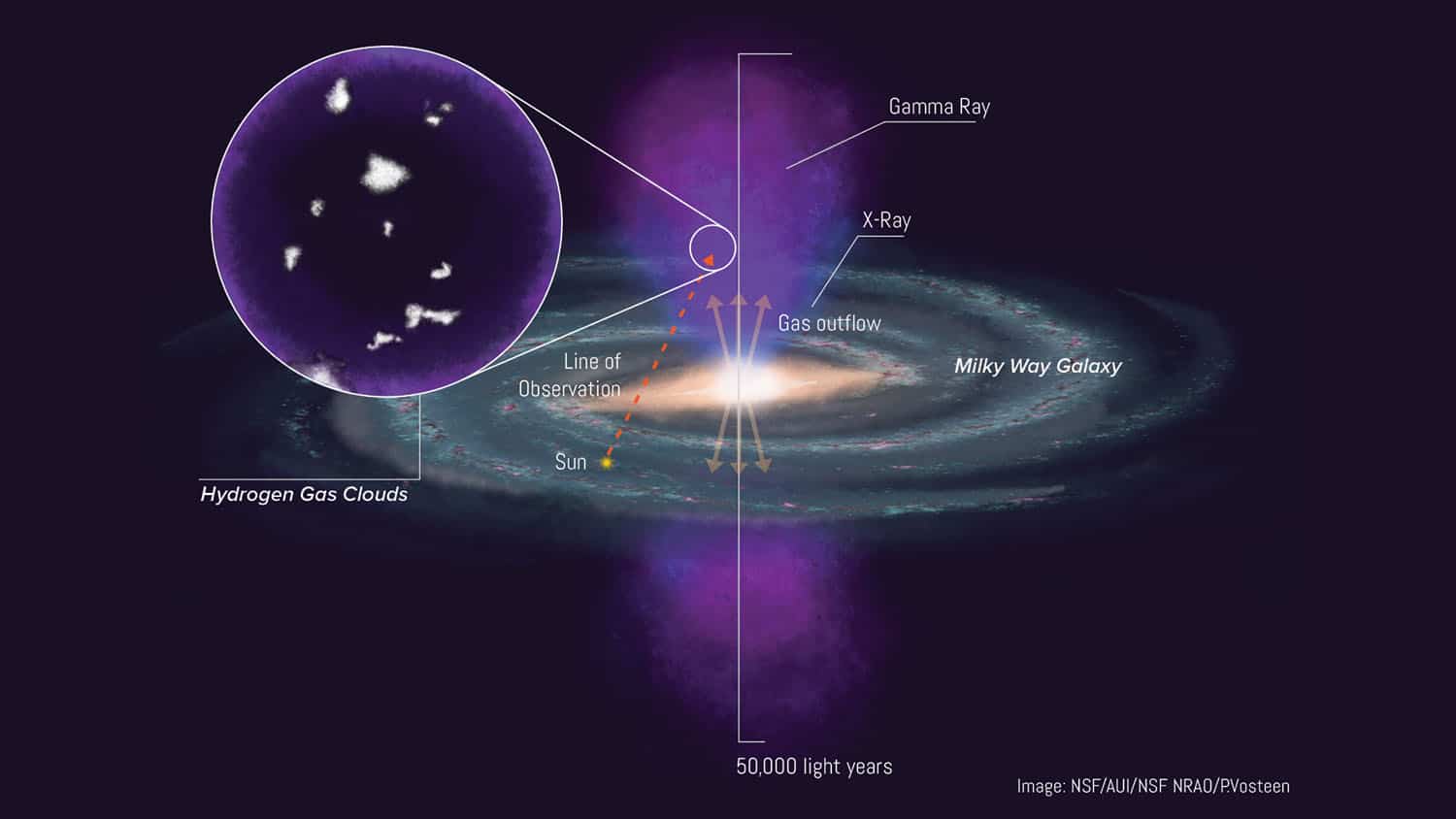NC State Lands $7.3M ‘Citizen Science’ Grant to Boost Research in Schools
North Carolina State University is taking the lead on a five-year, $7.3 million “citizen science” initiative funded by the National Science Foundation (NSF). The goal of the program is to give science teachers and students the opportunity to engage in meaningful scientific research while improving the educational success of both teachers and students.

“We will have students making new scientific discoveries, improve the learning outcomes of those students, get teachers excited about the work and find ways to scale this up for use across the country and beyond,” says Dr. Rob Dunn, an associate professor of biology at NC State and principal investigator of the NSF grant. Other groups involved with the program include NC State’s Kenan Fellows Program, which offers training and leadership development to teachers; NC State’s Friday Institute in the College of Education, which focuses on educational innovation; the North Carolina Museum of Natural Sciences (NCMNS) and school districts from across North Carolina. But the researchers are hoping to work with teachers from around the world.
“One of the things we want to do as early as possible is recruit 10,000 science teachers from anywhere in the world to register to be part of the program,” Dunn says. “A key overall goal is to develop teaching tools that can be used anywhere.” Teachers can register online at http://education.yourwildlife.org/.
Dunn’s lab, the Your Wild Life program, has worked with tens of thousands of “citizen scientists” – amateur researchers of all ages – on projects ranging from tracking the diversity of ant species to improving our understanding of the microbial organisms that live on our skin. However, while the lab has experience in engaging the public in scientific research, it does not have expertise in translating those efforts into formal educational tools.
In its first year, the NSF-funded program will set up four labs at the NCMNS, where teachers with Kenan fellowships will work with scientists to develop course modules that revolve around original research projects. Initial projects will include a project examining urban wildlife, a project to investigate the microbial life found in soil and a paleontology project, among others.
Those modules should be completed by the end of summer 2014, and will then be incorporated into middle school science classes in seven North Carolina school systems. These classes will be closely tracked to determine the modules’ impact on academic achievement and other outcomes. And additional school systems will be added to the program each year. The program will make the modules available online throughout the program for use by any interested teachers.
“The Friday Institute will help us determine how to best scale the project by figuring out the contexts in which modules work best and why,” Dunn says.
-shipman-
- Categories:


